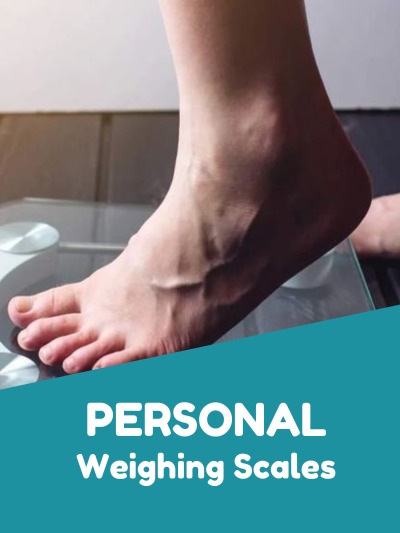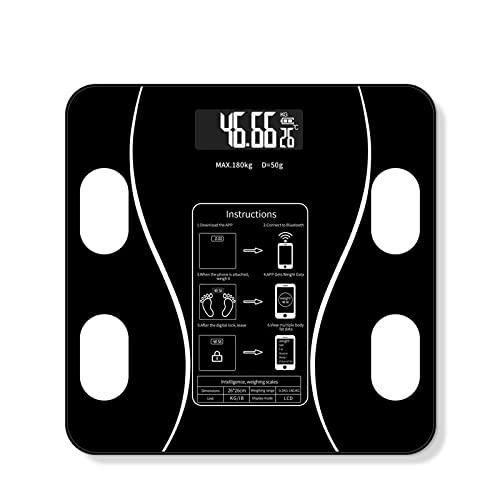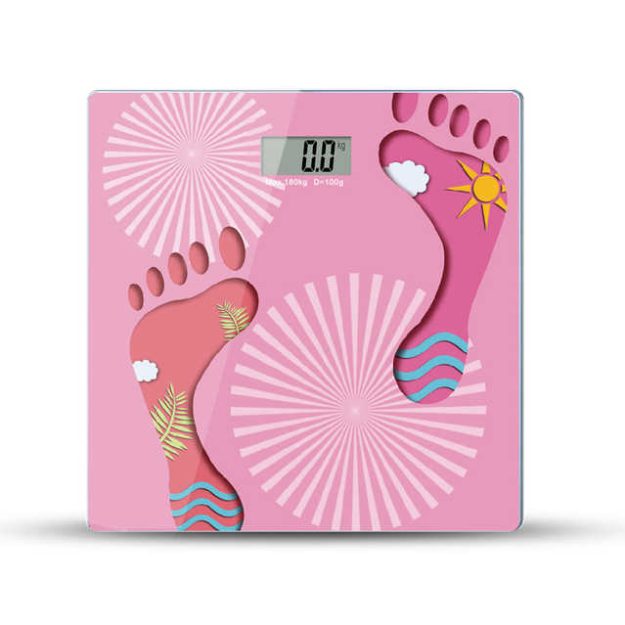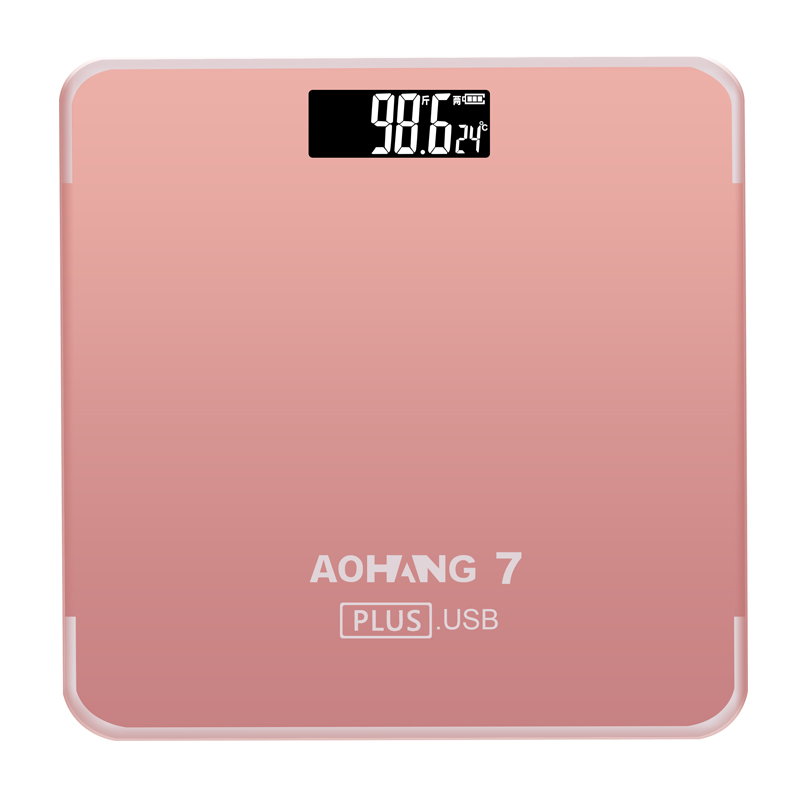Weighing yourself at home can be a valuable tool for tracking health and fitness goals, but doing it correctly is crucial to get consistent and accurate results. Here are some simple rules to follow when stepping on the scale:
1. Weigh Yourself at the Same Time Every Day
The best time to weigh yourself is first thing in the morning, after using the bathroom and before eating or drinking anything. This consistency helps reduce fluctuations caused by meals, hydration, and daily activities.


2. Use the Same Scale Each Time
Different scales may have slight variations in their measurements, so using the same scale every time can help ensure consistent readings.
3. Place the Scale on a Hard, Flat Surface
Carpet or uneven surfaces can give inaccurate readings. For best results, place the scale on a hard floor, like tile or wood, to ensure a stable surface.
4. Stand Still and Centered on the Scale
When weighing yourself, stand as still as possible with your feet evenly placed in the center of the scale. Any imbalance or movement can cause fluctuating results.
5. Don’t Weigh Yourself Too Frequently
Weight naturally fluctuates day-to-day, so weighing yourself every day can lead to unnecessary stress. For most people, weighing in once a week gives a better view of progress.
6. Wear Minimal Clothing
Clothes can add extra weight, so for the most accurate reading, weigh yourself in minimal clothing or even without clothes if possible.
7. Keep Track of Trends, Not Daily Changes
Instead of focusing on daily numbers, watch for overall trends over time. Body weight can fluctuate due to factors like water retention or hormonal changes.
8. Avoid Weighing After Intense Exercise
After a workout, especially intense cardio, your body can retain water, leading to temporary weight increases. It’s best to weigh yourself under typical daily conditions.
9. Be Aware of Salt and Carbohydrate Intake
Salty foods and high-carb meals can cause water retention, making the scale go up temporarily. Don’t let short-term fluctuations discourage you, especially after eating these foods.
10. Use the Scale as One Tool Among Many
Remember that weight alone doesn’t define health. Combine scale readings with other measurements like body measurements, energy levels, or how clothes fit to get a complete picture of your progress.
Following these rules can make weighing yourself at home a reliable part of your health routine and keep you focused on long-term changes rather than daily fluctuations.







